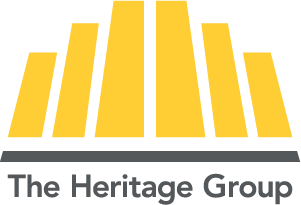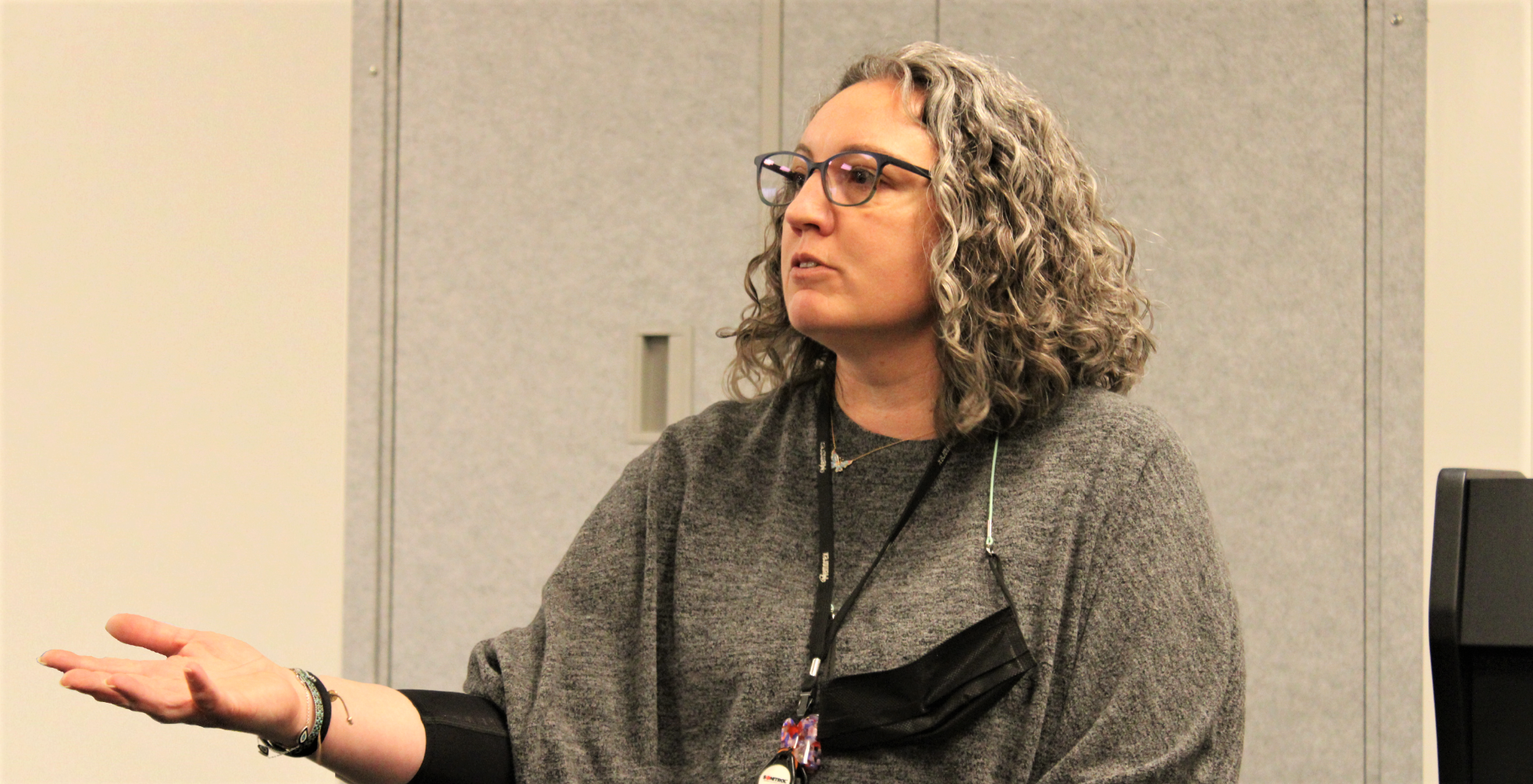How an innovative female scientist launched a Turkish startup, forged a career in global research and development and created a legacy of leadership
A strong foundation
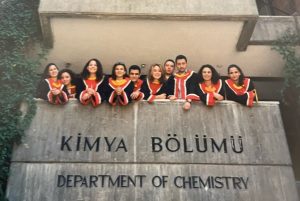
Sibel at her college graduation
When Sibel Selcuk joined Heritage Research Group (HRG) in 2006, HRG looked very different than it does today. “There were only three female scientists, including me,” said Sibel, who first came to the United States after graduate school in Turkey. “Now when you look at HRG, we have not only female scientists but female engineers. We’ve become more diverse in every angle you can imagine. And that’s really important.”
Back in the mid-2000s, Sibel was new to Indianapolis and searching for a job. With a Ph.D. in chemistry and the help of the American Chemical Society, Sibel connected with Erin Clark, a senior analytical research chemist at HRG.
Erin introduced Sibel to The Heritage Group. Soon after, Sibel joined HRG as a research chemist, working on everything from asphalt emulsions to shampoo. The diversity of the job brought surprise and satisfaction.
“What I ended up doing for the Heritage Research Group — I didn’t even know a job like that existed,” Sibel said. “One day I’d be working on an asphalt-related project, and then it would be an environmental customer’s project, and the next day I’d be doing analytical work.”
“You work with something new every day, and you make new things out of the things that people can’t use. It’s always problem-solving, and that’s the part that I love.”
Launching innovation
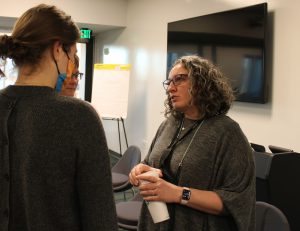
Sibel networking with young professionals
In addition to her dedication to the work happening in the lab, Sibel formed a bond with her HRG co-workers. “When I joined HRG, I had just gotten married, and I had absolutely no family in town,” Sibel said. “Everyone in that group became my family — and they treated me like family. It doesn’t matter where I am. I know they’re there for me and I’ll be there for them.”
After finding a home in the lab, Sibel began to consider how total waste management could apply to new settings. Observing a coworker’s business venture abroad, she sought out new opportunities for the business to grow internationally. “I came up with a couple of ideas and I presented them, and for some of them they said no,” Sibel noted. She remained determined to keep her eyes open for opportunity. “Then I presented the opportunity in Turkey, and they said yes.”
“When they said, ‘we’re going to do this,’ what they meant was: ‘We’re going to do this because we believe in you.’ That meant a lot to me.”
International insight
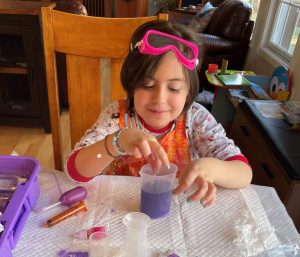
Sibel’s daughter Ada, an aspiring scientist
Starting a business in her native Turkey was a turning point for Sibel’s career. “The Heritage Group believed in the business,” she recalled, “but more so, they believed in me.” Betting on Sibel paid off: İnteraktif Çevre, Heritage’s Turkish waste management venture, was established in 2015.
Sibel had experience in market intelligence and technology evaluation, and the Turkish startup was her first foray into business management. But she was ready. Her background in science had prepared her for much more than working in the lab.
“In chemistry, graduate study is more like problem solving, so it teaches you how to approach a problem or an opportunity and figure it out. That’s similar to building a business and doing a startup,” Sibel said. After seeing her success at İnteraktif Çevre, Heritage leadership recognized Sibel’s talent. “I was so lucky. Amy (Schumacher, CEO of The Heritage Group) was my mentor throughout my career. She always supported me, so when she asked if I would consider a position at Monument, it turned into my best experience at Heritage.”
“I did lab work, I did development, I did a startup, but until joining Monument I was never part of an operating company. Seeing how Monument works has dramatically changed my perspective on research and how we do things.”
A lasting bond
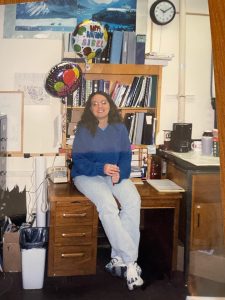
Sibel during her first year of PhD studies
In her current role as vice president of Global Research & Development and Strategy for Monument Chemical, Sibel unites her passion for chemistry with business savvy to solve problems for customers across the globe. She credits her experience at Monument with a new perspective on the chemical research process.
“When we develop something in the lab, we’re fairly good about thinking big picture. But when we live it day in day out, it’s really different,” Sibel said.
“It takes big-picture thinking in a real-world context to take opportunities to the next level. We need more scientists and engineers who lead with practical applications in mind. It’s really important for them to develop themselves, but it also helps the businesses overall.”
“Within Heritage it doesn’t matter gender, ethnicity, background, culture, all that—if you create value and if you do the right thing, you have tons of opportunities.”
Facing the future with confidence
Reflecting on her career as a woman in a male-dominated field, Sibel noted that gender shouldn’t hold anyone back from their aspirations.
The key is to build self-confidence, something Sibel prioritizes when mentoring young scientists. She encourages her mentees to build their confidence in the lab before venturing out: “Giving yourself time there will strengthen your leadership skills and your contribution to the business in the long run.”

Linda Osborn (left) and Sibel at The Center
Scientific skills have value in the business realm. That’s just one reason, Sibel said, that all scientists should feel confident that they can contribute beyond science and technology.
In addition to mentoring, Sibel prioritizes giving back to the American Chemical Society, which helped her secure her first job at HRG. In 2013, she and Linda Osborn, Director of Analytical Research at HRG, worked with ACS to plan an event for children to celebrate science. The event was held at the Indianapolis Motor Speedway (IMS), which has benefitted from HRG’s research on and development of asphalt and aggregates.
Sibel hopes that her passion for mentoring and inspiring young people will encourage more kids — especially more young girls — to explore science. Her advice for them? “Whatever you want to do as a woman, you just have to believe in yourself and go after it. Being female or male is not a differentiating factor.”
